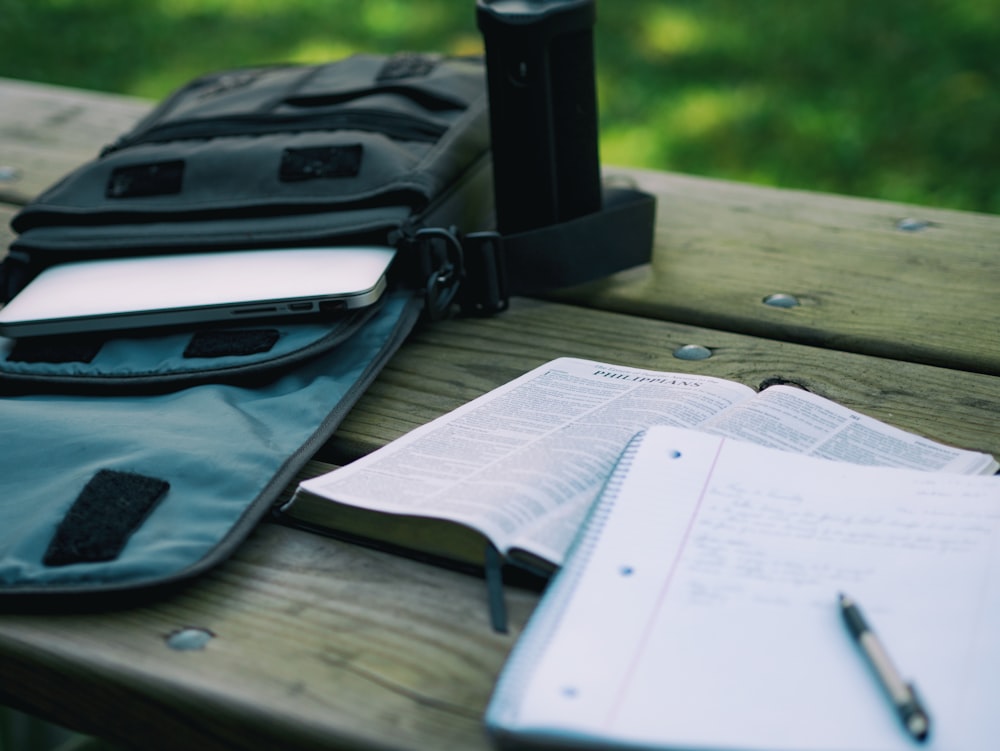5 Ways to Get Back to Study Mode after the Break
- Set Achievable Goals
Start by setting realistic and achievable goals for what you want to accomplish in your studies. Write them down and break them into smaller, manageable tasks to help you stay on track.
- Set up a Study Space
Engaging with your course materials and focusing on your studies is often easier when you are in the right environment. For most people, it’s important to minimise distractions. This could be turning off your phone or finding a quiet study space. Seek out an area with good natural light and make sure you have everything you need within reach: a notebook, pen, chargers, and accessible power points.
Your study space may change from time to time; but it’s all about finding a space that works for you and maximises your ability to focus and learn effectively.
TIP: Do you know Scape have lots of Study Room available for our residents? Check this out!
- Find Your Study Buddy
If you find yourself getting distracted or feel your mind wandering when you study alone, why not buddy up and have a study session with a friend? Set each other deadlines or tasks and stick to them. A bit of healthy competition in this situation might help you to finish that essay!
Furthermore, if you’re working on a group project or both studying the same course, this is a fantastic way to learn. Make flashcards and test each other as then you’ll see how much progress you’re making.
- Get Organised
Make sure your study materials are organised and easily accessible. Check through your course information and put your important dates and deadlines in the calendar and keep track of everything that needs to be done, always planning ahead. A little organisation goes a long way when it comes to creating a balanced study life. This can help reduce stress and increase your efficiency, allowing you to get the most out of your study time.
- Study at Set Time
Map out a study schedule for the days and times you will dedicate to studying. Write it down or print it out and stick it on the wall or keep a photo of it on your phone, so that you can stay on top of everything in a manageable way.
Try the Pomodoro technique. This technique, named after the Italian word for tomato, was developed by Francesco Cirillo. He used a tomato-shaped timer to set himself 25 minutes to work without distractions and then gave himself a 5-minute break. After four 25-minute study sessions, you should then give yourself a longer break of around 20-30 minutes. The technique allows you to focus entirely on the task at hand without becoming distracted.











